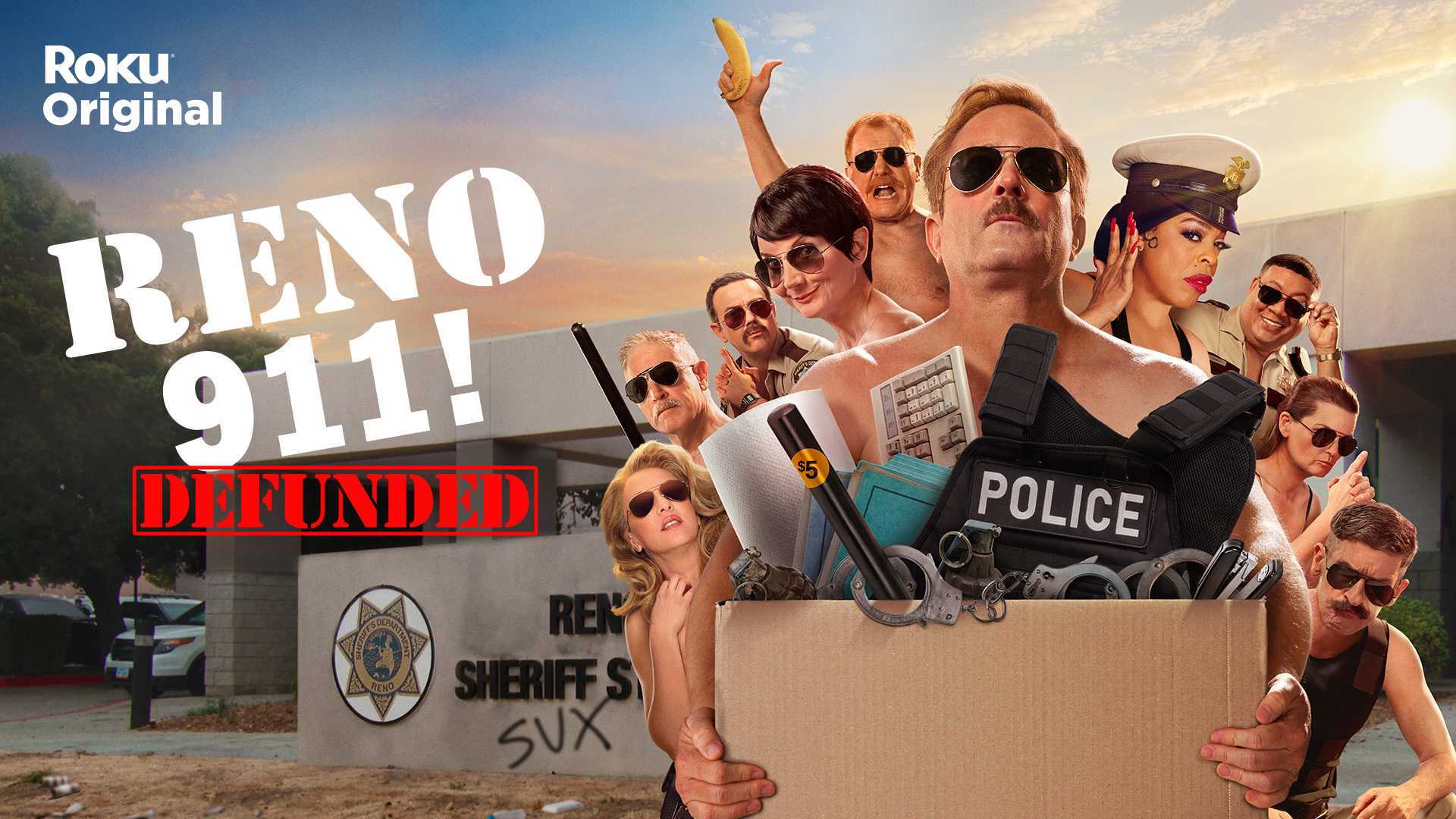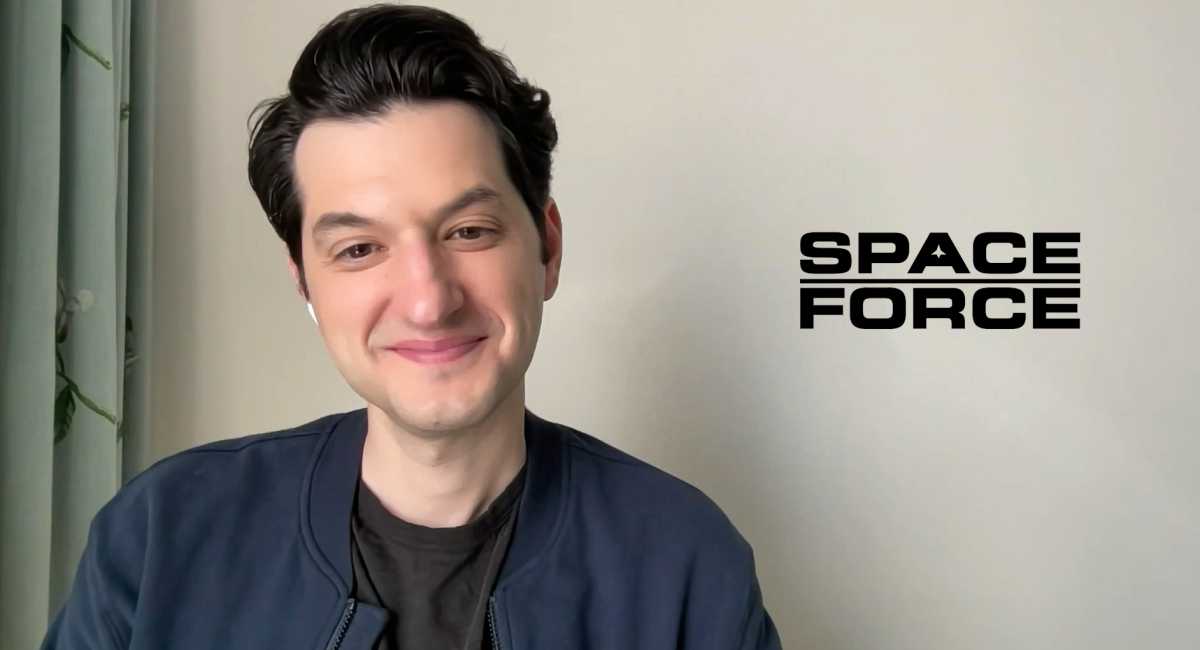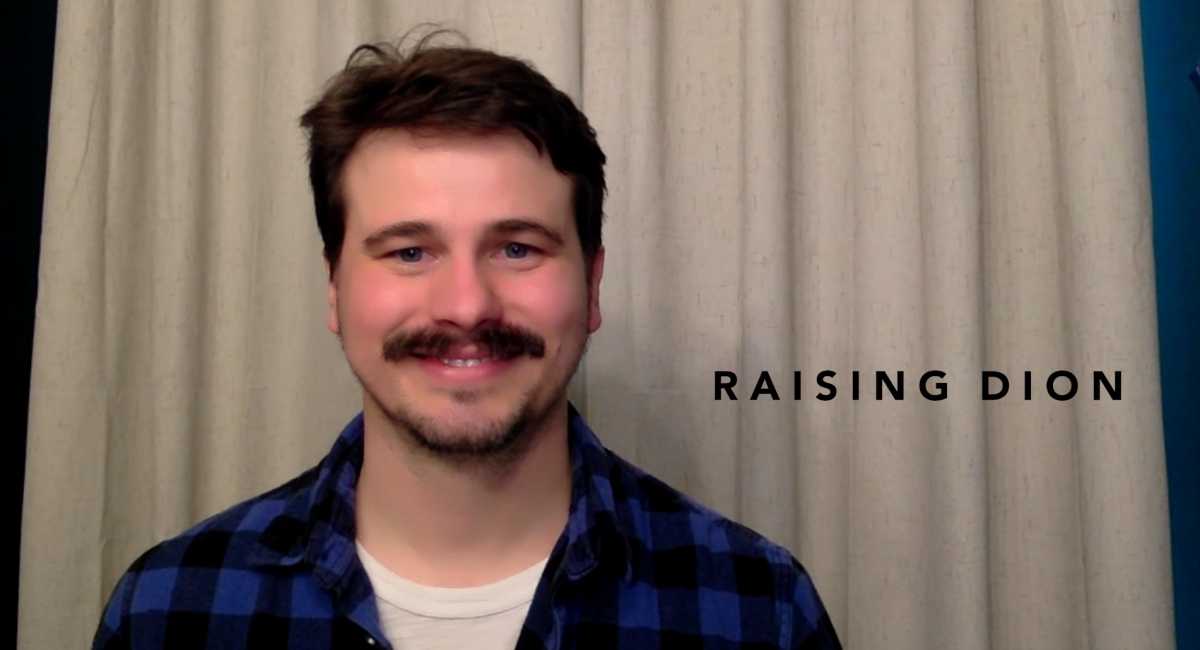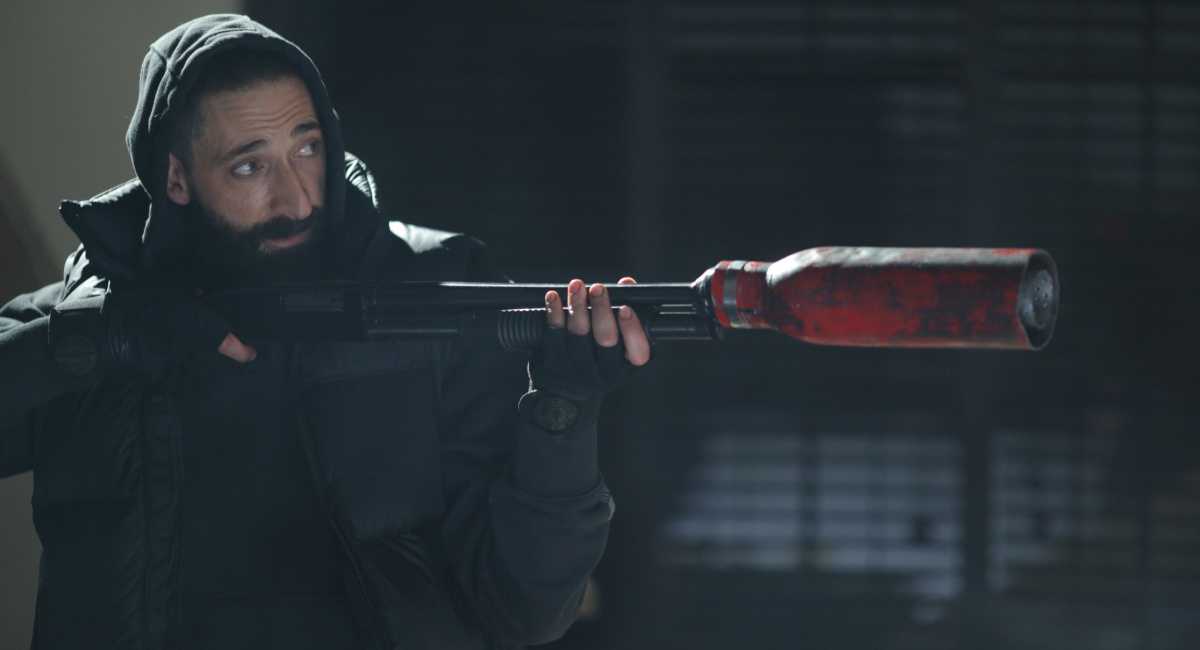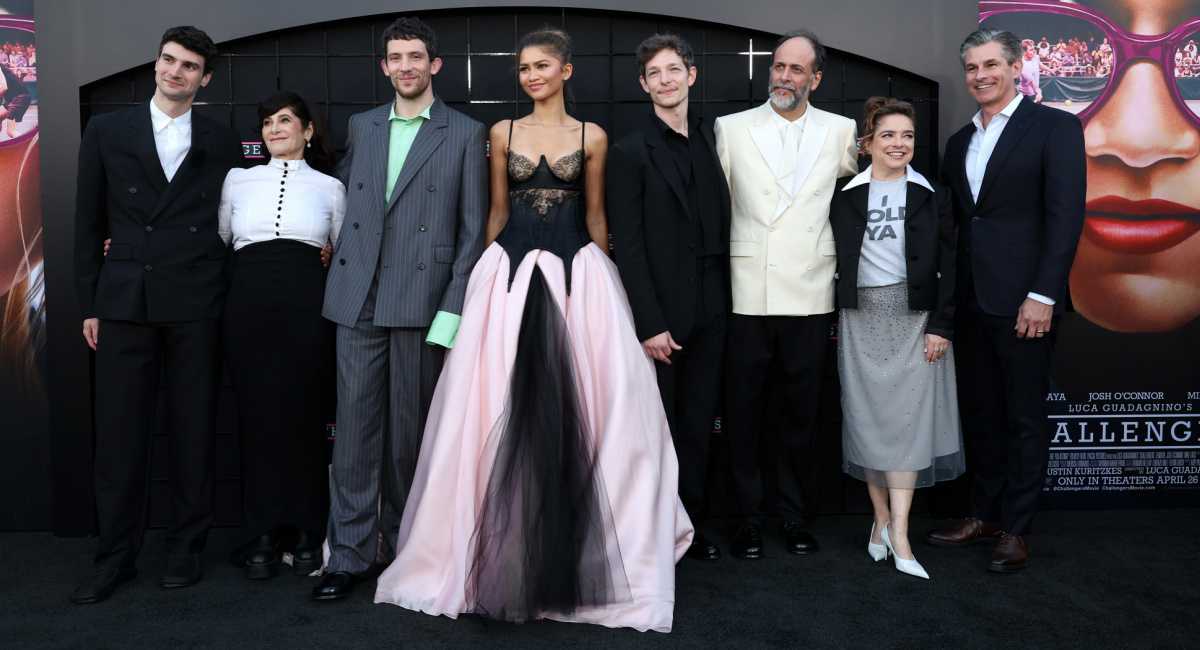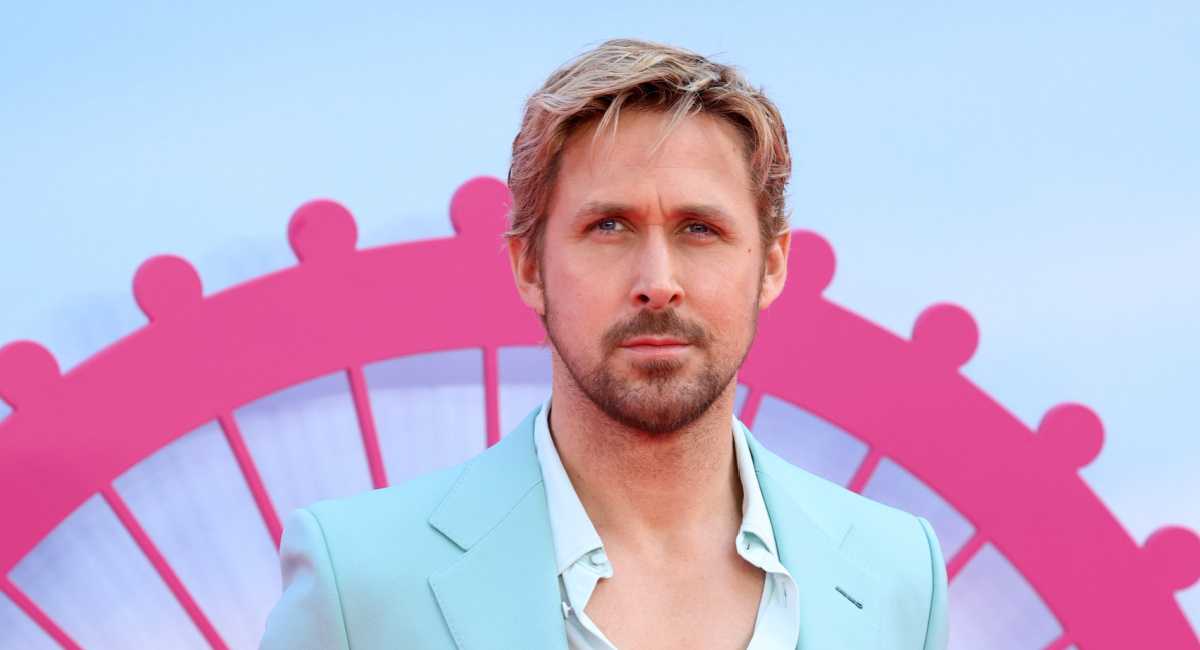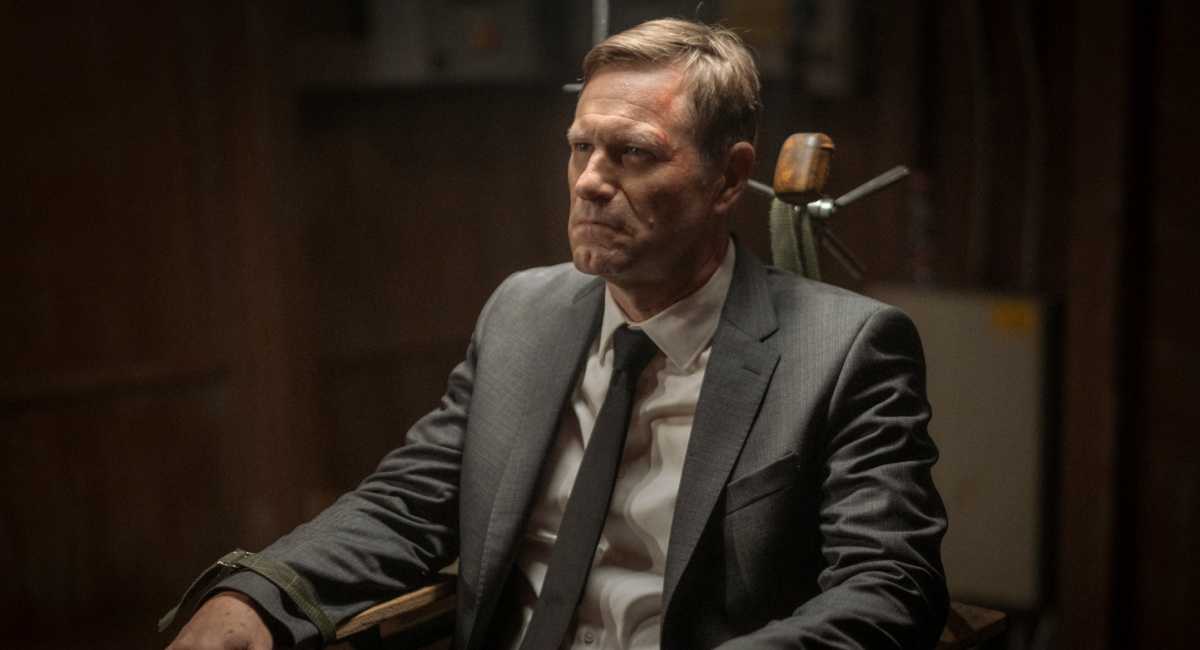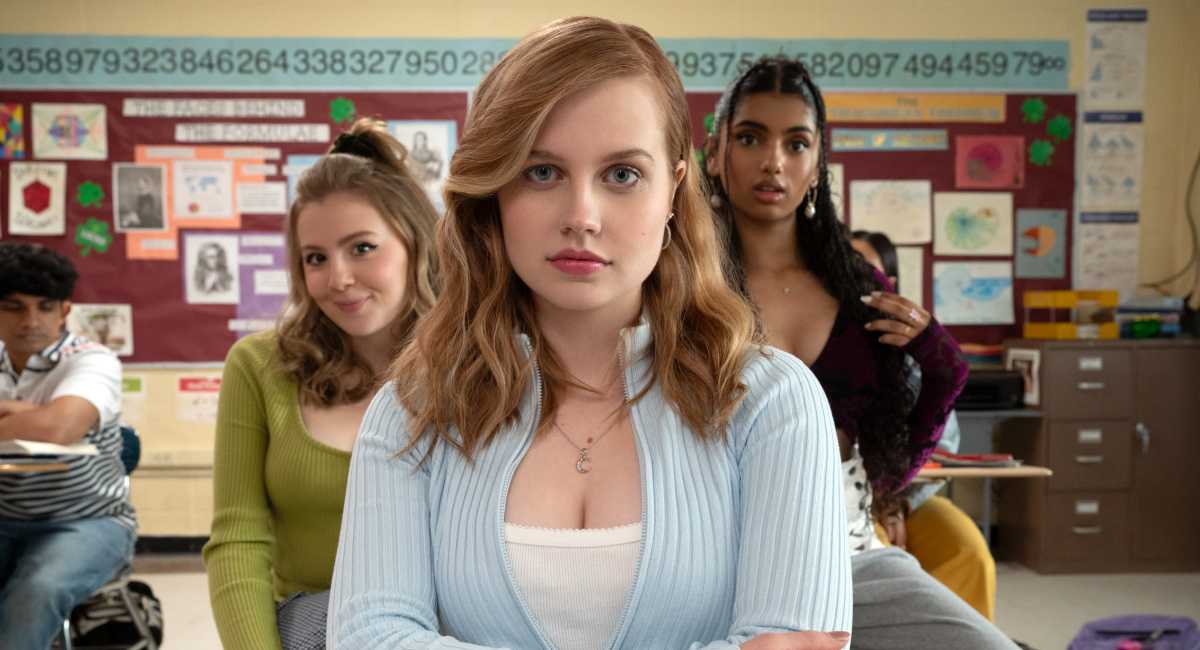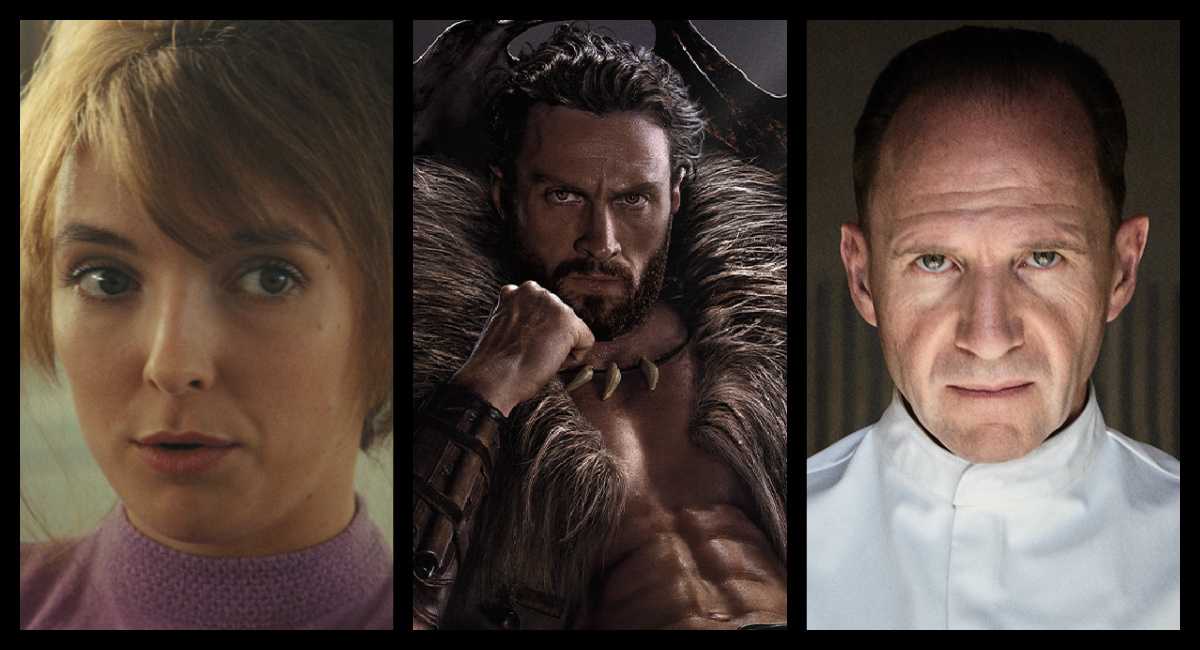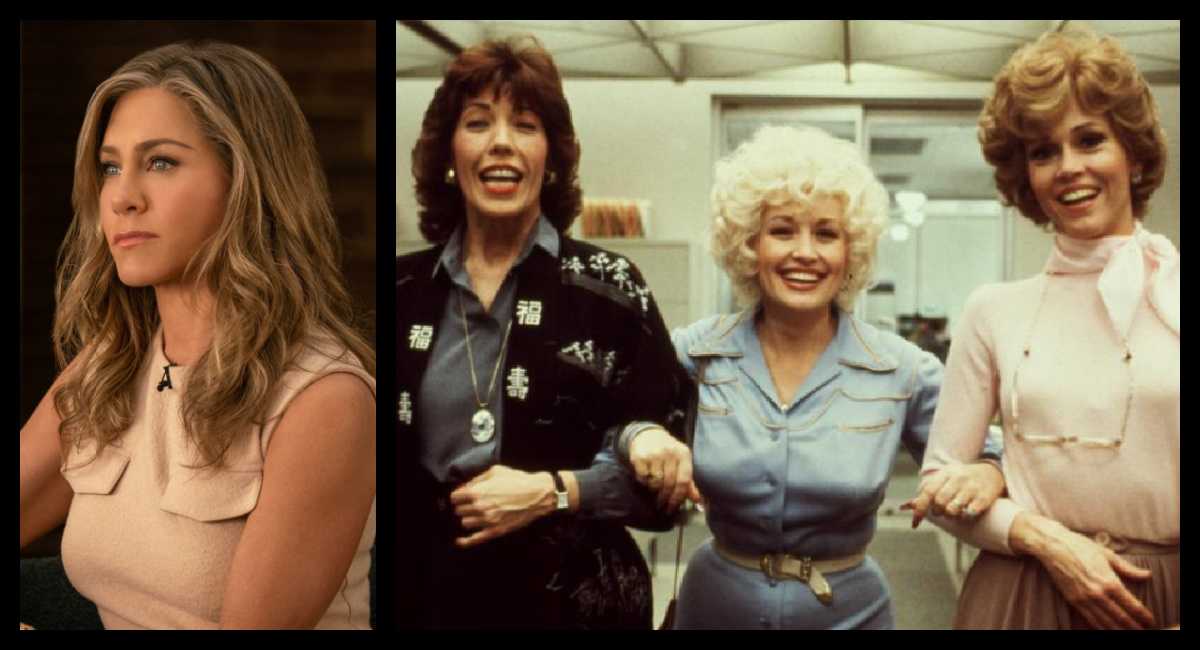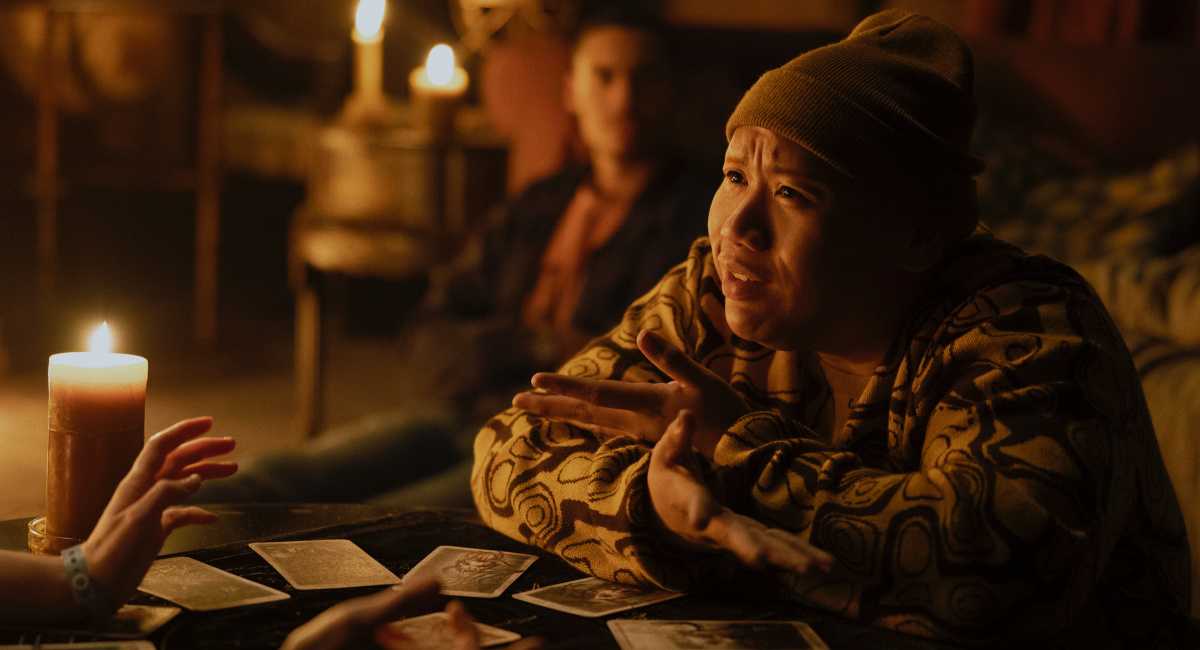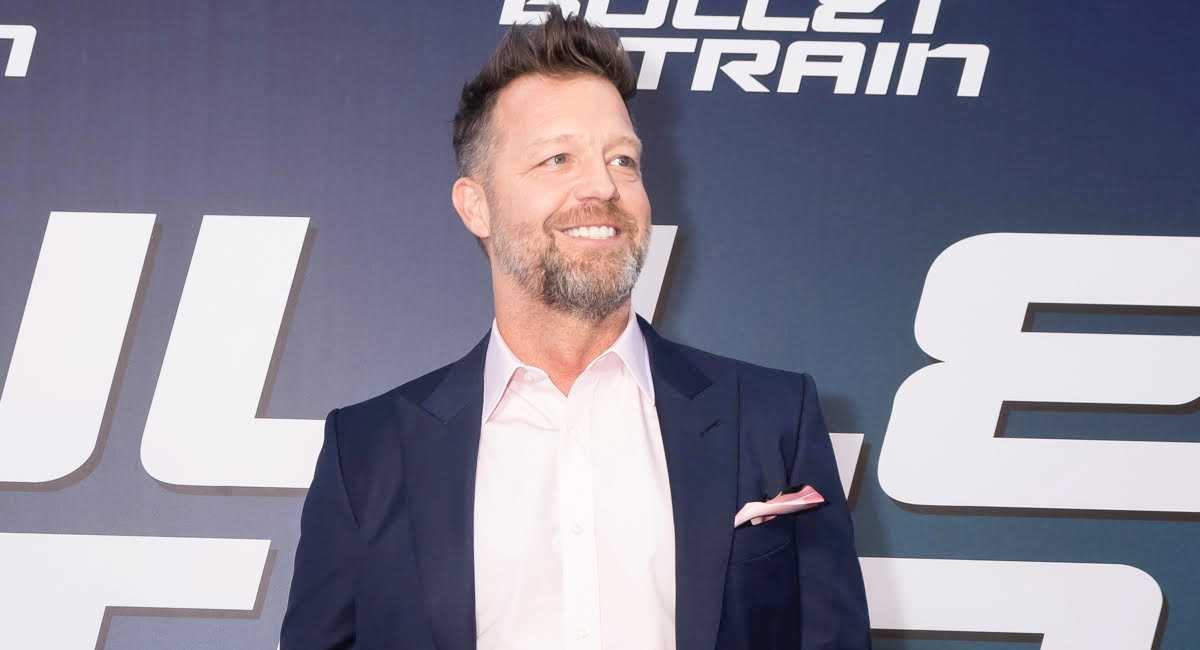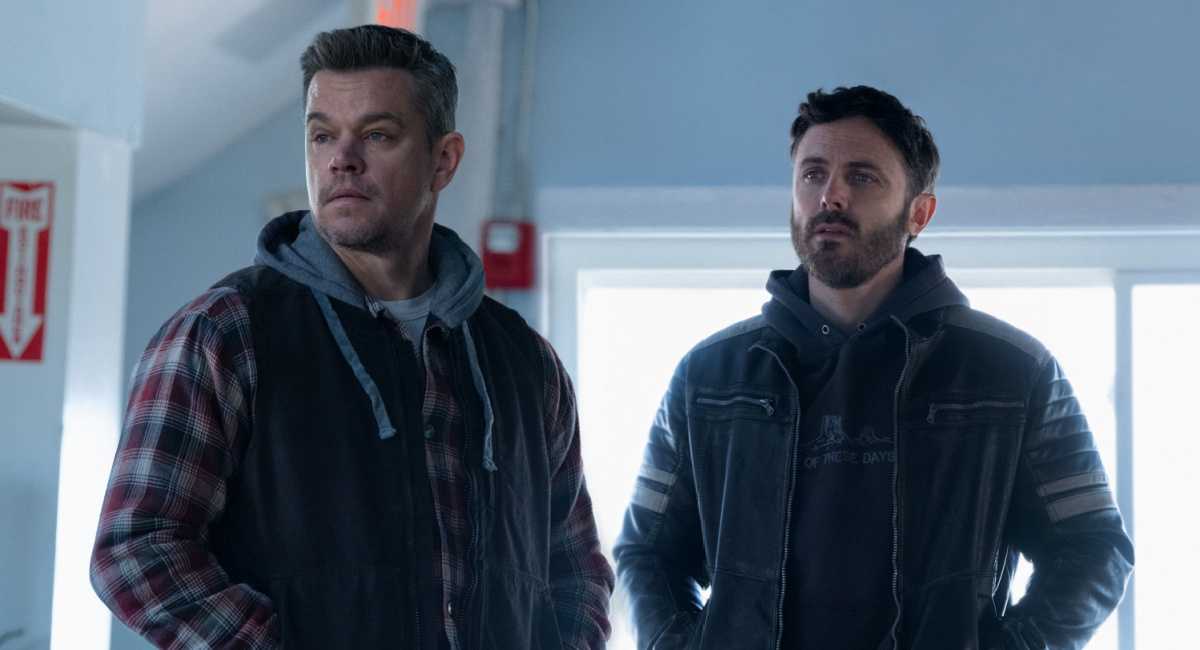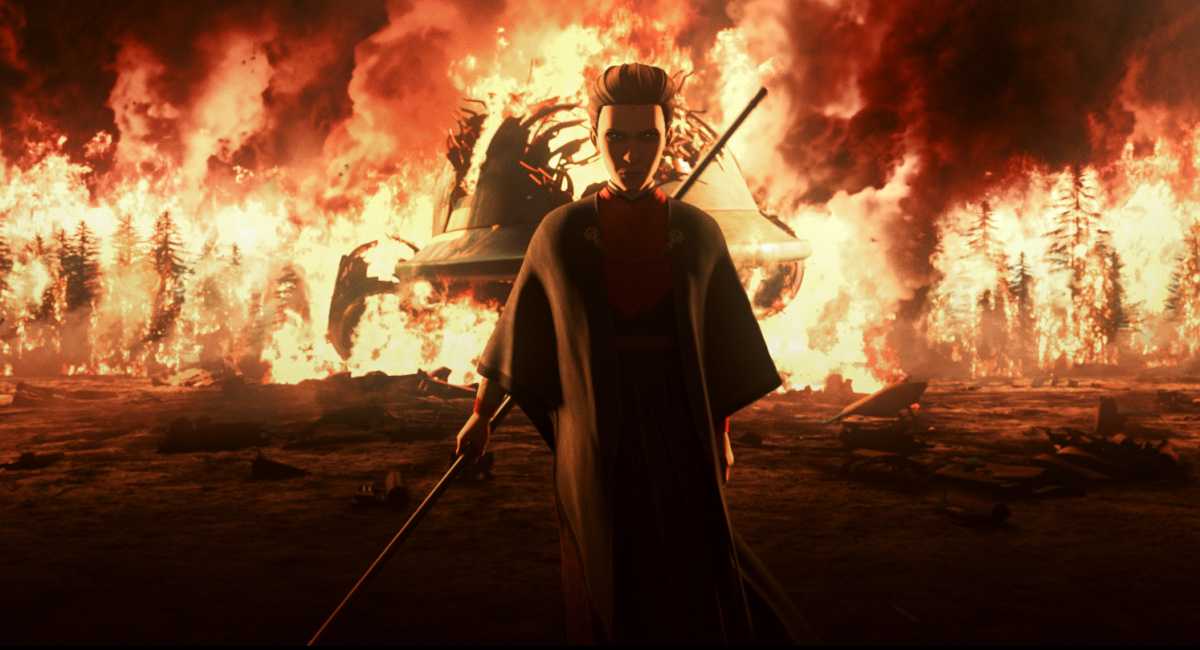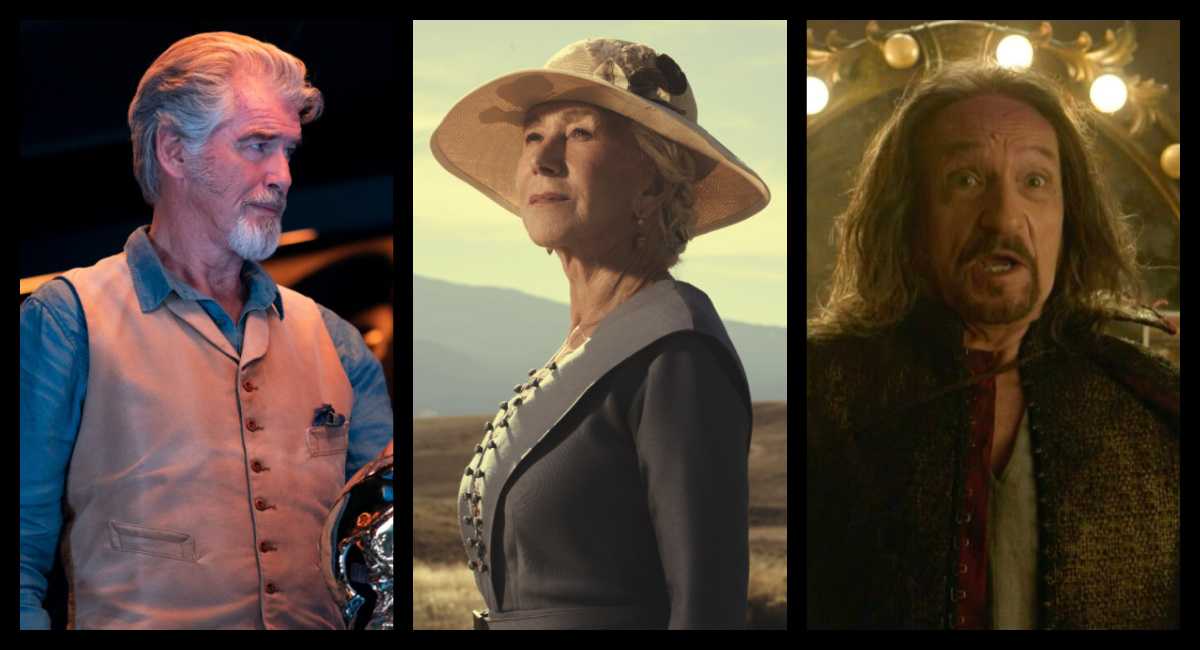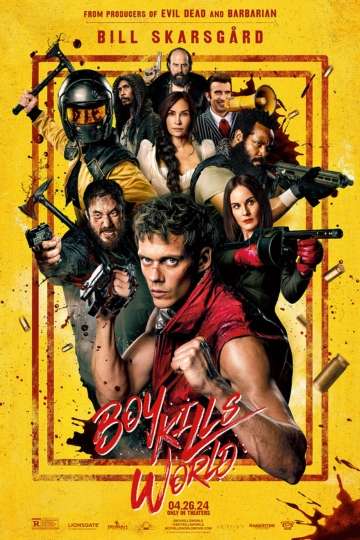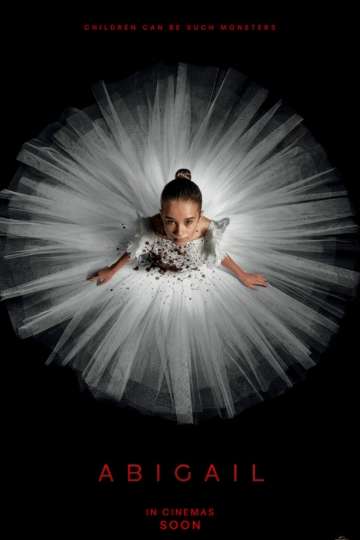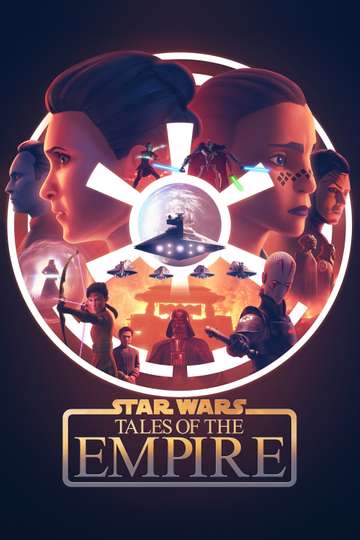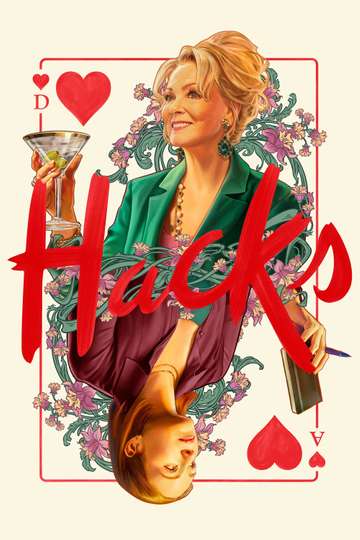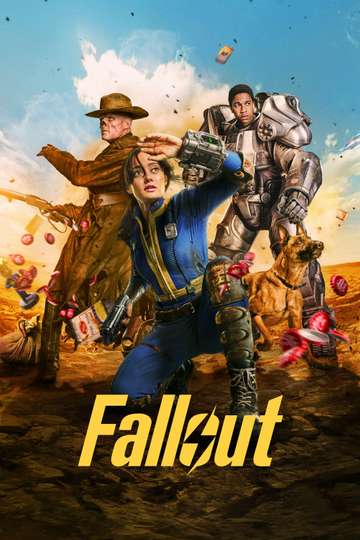First-time Director Questlove Joins 5th Dimension Founders Marylin McCoo and Billy Davis, Jr. to Talk About ‘Summer of Soul’
Questlove shares his trepidation about being a first time director, and also relates how being a musician helped him steer this documentary in the right direction. And Marylin McCoo and Billy Davis, Jr., who performed at the Harlem Cultural Festival in 1969 talk about how emotional it was to see this footage decades later.
Ahmir 'Questlove' Thompson has made his directorial debut with a new documentary about the all-but-forgotten 1969 Harlem Cultural Festival, called 'Summer of Soul (Or... When the Revolution Could Not Be Televised)'. Over the course of six weekends in the summer of 1969, some of the most important names in soul music performed at Mount Morris Park (now Marcus Garvey Park), including Stevie Wonder, Nina Simone, Gladys Knight & the Pips, The Staples Singers, Mahalia Jackson, Sly and the Family Stone, B.B. King, Max Roach, and The 5th Dimension.
The concerts were recorded by producer Hal Tulchin, but most of the film hadn't ever seen the light of day until recently. This new documentary not only features some stellar performances, but it also interviews and commentary from participants such as Steve Wonder, Mavis Staples, Billy Davis, Jr. & Marilyn McCoo, and Rev. Jesse Jackson.
Questlove recently sat down with Moviefone to talk about the new documentary.
Moviefone: Listen, I cried my way through this film. I was surprised that I did that. Are you hearing that from other people? Is it supposed to be this emotional?
Questlove: Even in making the film, I didn't realize the depth of how the Summer of Soul film was going to affect people watching it, but also in making it. There's a moment in the beginning where we get Musa Jackson, who at the time was just five years old when he's at this festival, and when we're interviewing him about his experience.
I'm not exactly sure if a five-year-old would have the emotional depth to even properly take in what he's experiencing, but he put it so beautiful. And the thing was, we showed him no footage, nothing whatsoever. He just said everything he knew about it and we're looking at each other like, "Whoa, his memory is awesome. That's exactly what's happening," because there's no photos of this online.
And when we showed him the footage, we just so happened to have one of the moments that he remembered from his childhood, and when he’d seen it, that overwhelmed him so much because it's like we got to return his history to him. His fear was that he thought it happened, maybe it didn't happen. Maybe it didn't happen. So for him to get that back, I knew we were on the right path.
MF: And it's the story of this concert that happened in Harlem in 1969.
Questlove: Yes.
MF: And the footage was lost for a long time. When you found this footage, what were your feelings?
Questlove: Well, first of all, this film found me. The legend of the story is that this mythical concert happens during the same period as Woodstock, and Woodstock went off to get all the publicity, all the glory, and nobody wanted this film, even when they decided to call it Black Woodstock, they were still like, "We're good." And so, that kind of hurt my feelings, and even though I was nervous as a creative, nervous in the fact like, "Will I be able to do justice as a first-time driver?" I haven't directed before, and would I be able to do justice to the story? And the reason why this film was handed to me was because they felt that in a musician's hands, I might have insight to tell the story that your average director might not have.
There's a certain inside baseball language that I might know and bond with other artists that not necessarily a regular director would have. And so, yeah, I'll say that if anything, having this embarrassment of riches, having to sit through 40 hours of magical performances was my pleasure. That's my fun zone. So editing it was one of the hardest things ever though, because you have 40 hours of magic, and you have two hours which to tell it, so it was a lot of debating on what makes it and what doesn't make it.
MF: I thought it was amazing that it's about so much more than music, but then it is also about the music with the lineup that is unbelievable.
Questlove: Yes, it was. You have Stevie Wonder, Mongo Santamaría, Ray Barretto, Nina Simone, Gladys Knight & the Pips, David Ruffin. You had comedians like Willie Tyler and Lester, Moms Mabley, Pigmeat Markham. There was all walks of life. You had political figures. And the fact that it was so diverse, the fact that you could have a show in which the biggest pop group in the world, which at the time was The 5th Dimension, Stevie Wonder just at the height of realizing his true power, and also Mahalia Jackson, who at that time was the top draw. She was the highest-paid artist at that festival. You had Sly and the Family Stone who made an unannounced appearance. That was like a dress rehearsal for Woodstock two weeks later.
So I don't know, to me, just the fact that the people, in 69, people were just open for something new. And that's the one thing I want people to take away from this. Not only did these artists use their voice for political activism, but as spectators, the audience was open for everything new, be it free jazz or gospel or soul or comedy. They were just open, and they were receptive to it, and that's the heart space I want people in when they see this film.
The 5th Dimension founders and performers Billy Davis, Jr. & Marilyn McCoo also spoke to Moviefone about their appearance in the movie.
Moviefone: Let's talk about 'Summer of Soul,' this little film, because Marilyn, I was watching the film, and I was getting really emotional and then there's a shot of you watching it. And I thought, “She's emotional. So, I'm on the right track.” What was it like for you, just that footage?
Marilyn McCoo: Well, to see... It brought back so many memories because that performance, that concert, that audience, the expectation in their faces, it was a family affair. And we were performing in front of our own people who, many of whom didn't have an opportunity very often to see us because so often our tickets might be too expensive for them to come. So, this was a free concert, and we were coming to them, and wanting them to see who we were and what we're about with our music. And it was just a very special time, and so it brought back that feeling, that remembrance.
MF: It was an important time for your group as well.
Billy Davis, Jr.: Exactly right, because it gave us an opportunity to be able to perform in front of our own people. And to see all of those people out in front of that stage, it looked like they were just hungry for this music. They're just hungry to see all of these acts because they knew what was coming, and it was just a great feeling to be a part of it. And yeah, it was great, should I say, was a great time for us.
MF: And did you two wonder what happened to this footage? I mean, it's been a long time.
Davis: We wondered about it. But Quest, when he found this footage and called us and told us we were in awe. My God, this footage has to have been hidden away for 50 years. That's a long time, but I think it's a good time for it to come out now because in 2021, it's going to be seen even more so, and it's going to make more of a statement during this time, than it would have in 1969. So, I'm just... thank God that it's coming out now. That it's going to be aired as a part of American history.
MF: And in the meantime, you two have new music of your own.
McCoo: Yes, we do. It's called Blackbird: Lennon-McCartney icons. And we're excited about this project because... Well, for one thing, because it's been received so well.
Davis: Yeah.
McCoo: And it's been over 40 years since we've had anything out to get so much attention, and respect. And we're, we're excited because it gives us a chance to share with the audiences that we need to be coming together as a unit in our country because we have too much separation, and we have too much division.
Davis: (Nodding) Mm-hmm.
McCoo: And we want to encourage one another, to respect each other, and to care about one another. And we feel like the songs that we've chosen that were written by Paul McCartney and John Lennon are powerful statements that communicate what's on our hearts to communicate to them, to the audiences.
‘Summer of Soul’ is now in theaters and streaming on Hulu.
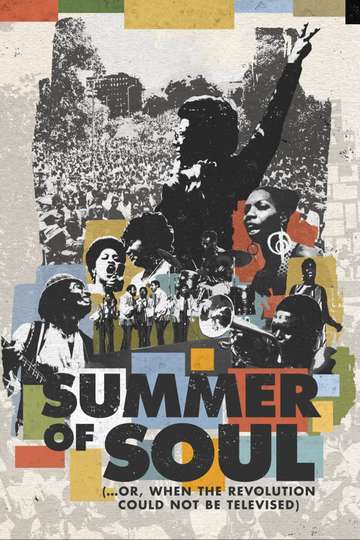
Summer of Soul (...Or, When the Revolution Could Not Be Televised)



